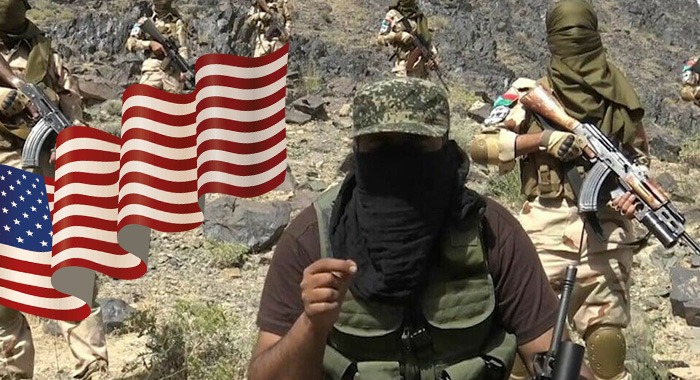The United States has designated the proscribed Baloch Liberation Army (BLA) and its affiliated suicide wing, the Majeed Brigade, as “Foreign Terrorist Organizations” (FTOs) a move that comes after Pakistan had already banned the BLA in 2006 and the Majeed Brigade in 2024. Islamabad had long been urging Washington to formally blacklist the Majeed Brigade, a request now met shortly after Field Marshal Asim Munir’s recent visit to the US.
According to the US State Department, both groups have claimed responsibility for numerous deadly attacks. The designation, announced on August 11, freezes all assets of the organizations under US jurisdiction and prohibits American citizens and entities from providing any financial or material support. “Material support” covers a wide range of assistance, including funds, lodging, training, false documents, communications equipment, explosives, personnel, and transportation. Any such support is a serious federal crime, punishable by up to 20 years in prison or more. The designation also imposes a ban on members entering the US, with existing members in the country subject to deportation.
US officials say the objective of the move is to cut off financial support to terrorist groups, isolate them internationally, and encourage other countries to take similar measures. The decision reflects growing global pressure against organizations involved in militancy and destabilization in Pakistan and the wider region.
High-Profile Attacks by the Majeed Brigade
In recent years, the Majeed Brigade has claimed several high-profile attacks, including the 2019 assault on the Pearl Continental Hotel in Gwadar, the 2020 attack on the Pakistan Stock Exchange in Karachi, and the 2022 suicide bombing by female attacker Shari Baloch at Karachi University. These incidents targeted both security forces and public places, causing significant loss of life and spreading fear.
In 2023, female suicide bomber Samia Qalandrani targeted a Frontier Corps vehicle in Turbat, while in 2024, Mahil Baloch carried out a suicide attack on an FC camp in Bela. The group’s increasing use of women in suicide missions marks a dangerous escalation in its tactics. Earlier this year, the group also claimed responsibility for the hijacking of the Jaffar Express and the killing of passengers.
Origins and Evolution of the BLA
The BLA’s roots trace back to the early days of Baloch militancy following the province’s accession to Pakistan, with the insurgency gaining ideological form in the 1970s after the dismissal of Balochistan’s first elected government led by Chief Minister Sardar Ataullah Mengal and Governor Mir Ghaus Bakhsh Bizenjo. During that period, figures such as Nawab Khair Bakhsh Marri and Sher Mohammad “Sherov” Marri were prominent leaders of the insurgency.
The group resurfaced in the 2000s, launching attacks on government installations and security forces. In 2006, following a rocket attack during then-president Pervez Musharraf’s visit to Kohlu and subsequent operations, Pakistan banned the BLA. At the time, Balach Marri, son of Khair Bakhsh Marri, was identified as its commander until his death in 2007 in Afghanistan. Leadership later passed to his brother, Hyrbyair Marri, based in the UK, before internal rifts shifted control to middle-class militants, most notably Aslam Baloch, alias “Achoo,” who played a key role in bringing urban terrorism to cities, including Karachi.
Formation of the Majeed Brigade
The Majeed Brigade is the BLA’s suicide attack unit, founded by Aslam Baloch and named after Baloch student leader Majeed Langove, who was reportedly killed in 1975 while attempting to assassinate then-prime minister Zulfikar Ali Bhutto.
The group carried out its first major operation in 2011 with a bombing at Shafiq Mengal’s residence in Quetta, killing 13 people. After a period of dormancy, it re-emerged in 2017 and in August 2018 conducted a suicide attack on a bus carrying Chinese engineers in Dalbandin, carried out by Aslam Baloch’s son, Rehan.
Aslam Baloch’s leadership brought strategic changes to the group, shifting operations from remote areas to urban centers. His death in 2018 in Afghanistan’s Kandahar province led to Bashir Zeb assuming command.
Militant Alliances
In July 2020, the BLA, along with other banned outfits — the Baloch Republican Army, the Baloch Republican Guards, and the Baloch Liberation Front — formed the “BRAS” alliance to target Chinese interests in Pakistan. Sindhi separatist group Sindhudesh Revolutionary Army later joined the coalition.
The US designation marks a significant development in global counterterrorism efforts and is expected to add further pressure on these groups, which remain active in orchestrating attacks in Balochistan and beyond.





